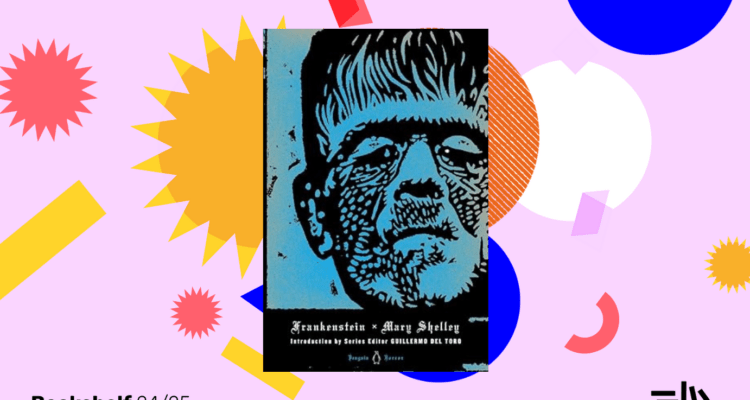The Fabric of Quotations: Literature and Interactivity
Back in the 1980s, when the Sinclair Spectrum seemed the pinnacle of personal computing, English departments were arguing over the value of thinkers such as Roland Barthes and Jacques Derrida. Their views of texts as interactive, interconnected, overlapping things were shaking up the traditional view of artistic creation in which the "Author God" controlled meaning. In English universities, by the 1990s, many of the academics who were interested in "theory" had moved to philosophy departments, or aligned themselves with modern language studies and linguistics. In 2007 dedicated courses in literary theory are rare, but the influence of these ideas has not gone away. Rather every twenty-first century academic literary critic is a theorist now. Believing in the author as a lone genius unaffected by culture and other writing, or in the meaning of a text as fixed and unarguable, seems faintly ridiculous. Influence and interpretation are what matters. The sun no longer revolves around the earth.
What may come as a surprise to those who saw Derrida and his peers as impractical critics is that technology has made the deconstructionist world view eminently real. Hyperlinking, collaborative projects such as Wikipedia, the Free Software movement, are all examples outside the literary world. Until relatively recently books were exempt from all this because as physical objects they were fixed, unconnected, remote. That is no longer true. While Project Gutenberg has been working on digitizing out of print books and is now a wonderfully huge, searchable, free resource, progress has been slow. What has really transformed the landscape is Google's attempt to scan and put online the contents of the world's major libraries.
On Thursday Google announced new booksearch services that will take it even further. In a blog post entitled "Dive into the meme pool" researchers Bill Schilit and Okan Kolak explain:
With the full text of millions of books digitized, we started thinking about how people quote and build on each other's ideas. Like Bartlett putting together the Familiar, the Google Book Search team has been uncovering a vox populi of passages that authors have deemed worth repeating. Take, for example, Eleanor Roosevelt's book, You Learn by Living, in which she describes how her experiences helped shape her personal philosophy. On the "About this Book" page, you'll see it has 10 Popular Passages. One of them, "You gain strength, courage, and confidence by every experience," appears in over a hundred books in the index. Wow.
Of course, hypertext researchers like Ted Nelson also have a history of connecting texts using links. Following in that tradition, we use links to highlight popular ideas in a book, or to lead readers to Schopenhauer when they're struggling with Kant. We hope that this new feature inspires you ...
Suddenly we find ourselves in a world of argument and interaction, discovering links between ideas that have never been found before. And of course, where would this technology take us if you couldn't share and enjoy your discoveries?
Here's the link to Google Books Search.
Posted by Chris Routledge Powered by Qumana
Share
Related Articles

Liverpool ONE unveils book corners in partnership with The Reader to help boost literacy across the city
Liverpool ONE has unveiled a collection of ‘reading corners’ in a bid to help boost literacy levels among local people.…

March’s Choice From The Reader Bookshelf
The Reader Bookshelf is a carefully curated collection of literature for adults and children, exploring a different theme each year, this year’s…

The Storybarn Selects… From The Reader Bookshelf
The Reader Bookshelf is a carefully curated collection of literature for adults and children, exploring a different theme each year, this year’s…


